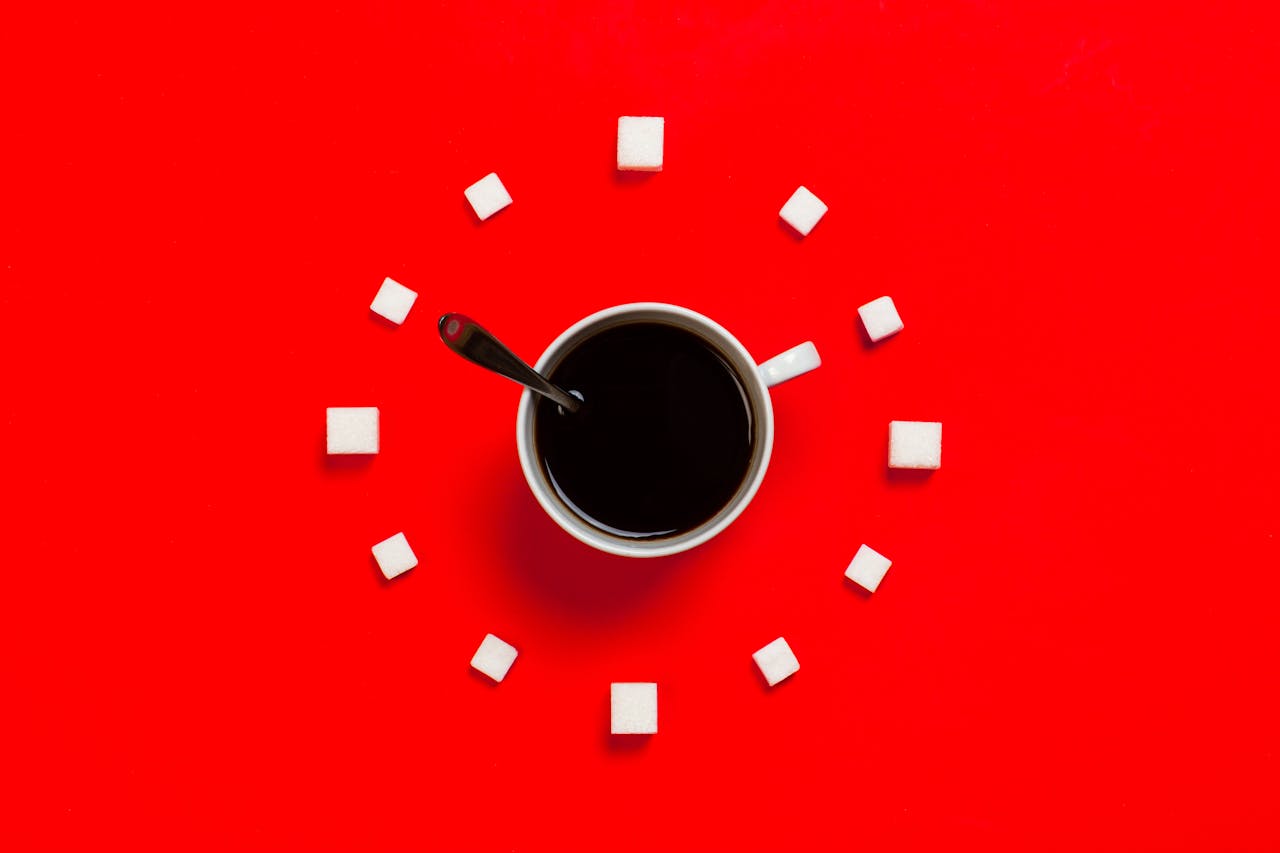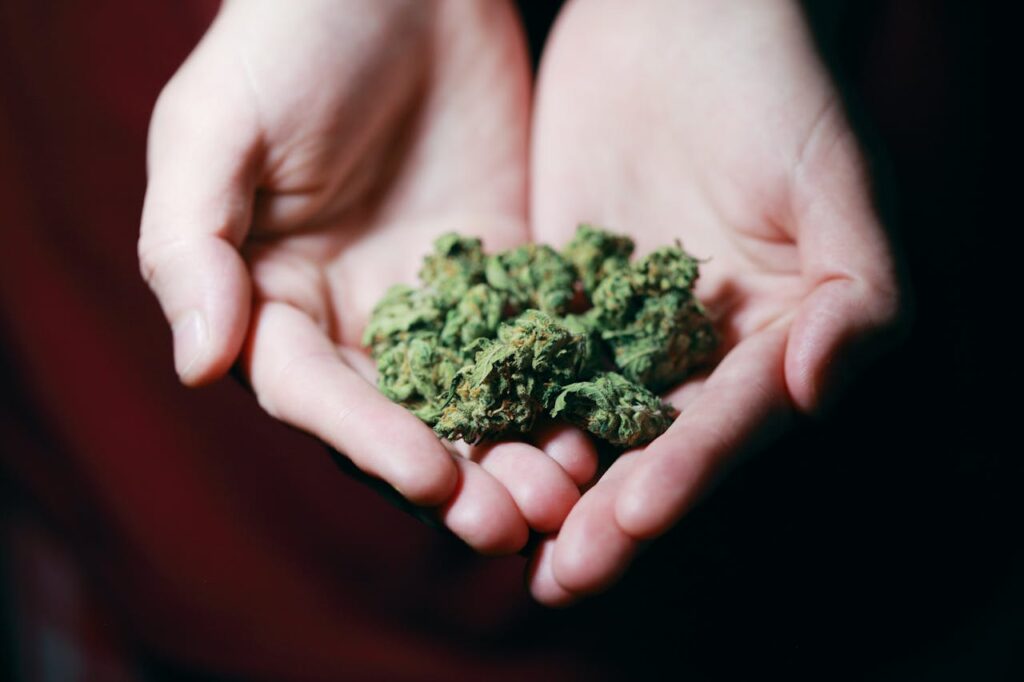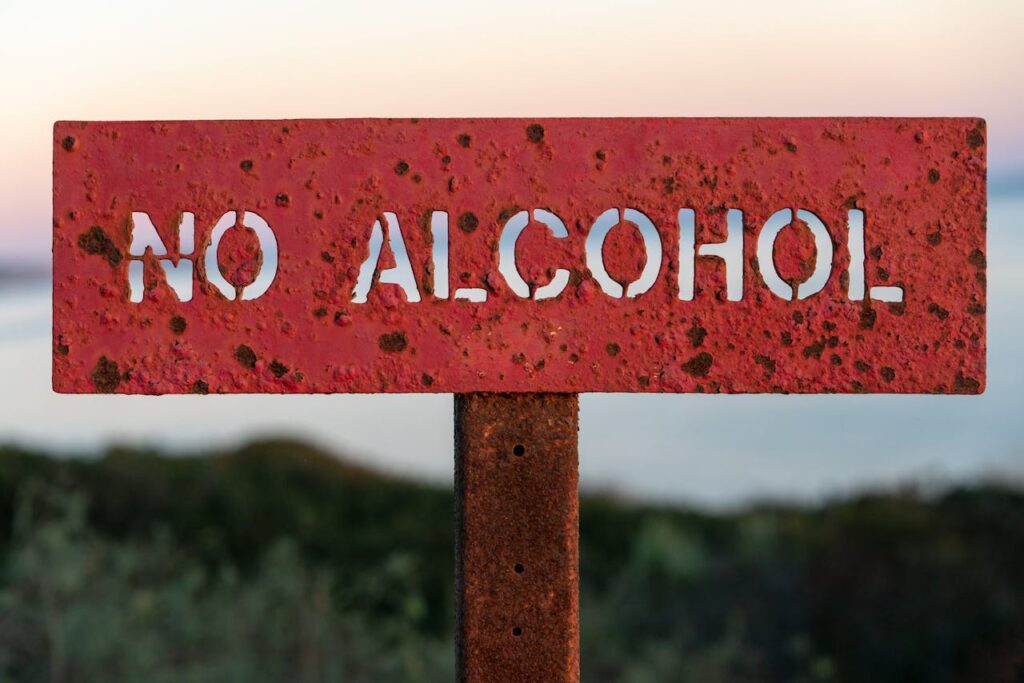Increased resiliency. Instead of turning to drink, drugs, or other harmful behaviors that ultimately only make your symptoms worse, exercise can help you develop resilience and manage in a healthy way when faced with mental or emotional obstacles in life. Frequent exercise can also strengthen your defenses against illness and lessen the
Frequent exercise can also strengthen your immune system and lessen the negative effects of stress.
More over 400 milligrams of caffeine a day, according to research, can raise one’s risk of cardiovascular disease.
It is said that consuming too much caffeine in the form of coffee, tea, energy drinks, and other beverages can raise blood pressure and heart rate, which can increase the risk of heart disease.
Although moderate caffeine consumption has some advantages, most people should still watch how much caffeine they consume each day.
You might want to think about cutting back, whether you’re an avid coffee drinker or depend on energy drinks to get you through the day.
According to a recent study, persons who regularly use 400 mg or more of caffeine per day over an extended period of time are more likely to develop heart disease.
“Regular caffeine consumption could disturb the parasympathetic system, leading to elevated blood pressure and heart rates.”
“Our study sought to determine the effects of chronic caffeine consumption on heart health, specifically the recovery of heart rate and blood pressure.”
Heart disease risk is increased by long-term heavy caffeine consumption:
In this investigation, 92 adults without high blood pressure between the ages of 18 and 45 were assessed.
Frequent caffeine usage was described as consuming caffeinated beverages five days a week for over a year. The main caffeine-containing beverages included tea and coffee as well as aerated ones like:
Pepsi, Coca-Cola, Red Bull, Sting Monster
According to the researchers, 400 mg of caffeine is roughly the same as ten soda cans, two energy drinks, or four cups of coffee.
It was found that approximately 20 percent of the research subjects took in more than 400 milligrams of caffeine daily. They discovered that women who worked in business and management positions and lived in cities consumed the most caffeine on a daily basis.
The participants conducted a 3-minute step test after having their blood pressure and pulse checked. After the step test was over, their heart rates and blood pressure were taken once more, one minute and five minutes later.
A news release from the researchers said that 400 mg of caffeine per day “was shown to significantly impact the autonomic nervous system, raising the heart rate and blood pressure over time.”
Participants who took more than 600 mg of caffeine per day showed considerably increased blood pressure and significantly elevated heart rates during a 5-minute rest period after the step test.
Cheng-Han Chen, MD, an interventional cardiologist and the medical director of the Structural Heart Program, stated that “this small study found an association between increased daily caffeine intake and delayed recovery of blood pressure and heart rate after exercise.”
What happens when blood pressure is too high?
Over time, hypertension, or high blood pressure, can weaken the heart. That could result in long-term illnesses like:
coronary heart disease
persistent renal illness
dementia
The following are just a few of the many variables that can increase someone’s risk of high blood pressure:
Alcohol use, smoking, salt intake, age, and medical history in the family
According to this recent research, caffeine may potentially be linked to an increased risk of hypertension.
Regular caffeine consumption may increase the risk of hypertension or other cardiovascular problems in otherwise healthy people because of its effect on the autonomic nervous system, according to Kagathara. “Improving everyone’s heart health requires raising awareness of these risks.”
“In the short term, elevated heart rate, irritability, anxiety, headaches, and insomnia might result from excessive daily coffee consumption. Long-term effects include hypertension and possibly even bone loss, the speaker said.
What’s the healthiest way to consume caffeine?
Chen stated that a modest daily intake of caffeine has several health benefits. Among them are lower chances of:
cardiac dysfunction
diabetes type 2 (T2D)
liver cancer
endometrial cancer
There are methods to assist maintain your blood pressure in a healthy range if you’re worried about how coffee consumption may impact it. Among them are:
keeping a healthy weight, cutting back on sodium, exercising frequently, eating a balanced diet, and abstaining from tobacco
restricting or abstaining from alcohol
Chen urged people to become knowledgeable about the amount of caffeine in the caffeinated drinks they consume.
He claimed that by doing this, “they will be able to monitor how much caffeine they consume throughout the day and know when to quit when it gets too high.”
According to prior research, moderate caffeine use can have positive effects on both liver and heart health, according to author and registered dietitian Kristin Kirkpatrick of the Cleveland Clinic.
She mentioned that some earlier studies have even shown that chewing gum with caffeine can improve sports performance. According to her, the best way to manage caffeine intake is for each person to keep an eye on how consuming tea, coffee, or energy drinks makes them feel.
In any area of nutrition, the first guideline is to listen to your body, since most of my patients can tell me right away how excessive caffeine makes them feel. Kirkpatrick continued.
She pointed out that since each person is unique, there may be differences in how caffeine affects them. She added that some people can react differently to coffee than to tea or energy drinks.
Kirkpatrick asserted, “There is no one-size-fits-all approach to diet and this is true for caffeine consumption as well.”
Lastly, my goal would be to obtain the most nutrient-rich delivery mechanism out there. Given that they also include other bioactive substances that studies suggest may be beneficial to health, coffee and tea are likely the best forms of caffeine use.
To view more articles like this one subscribe to our newsletter! Healthy Living Hub Official




